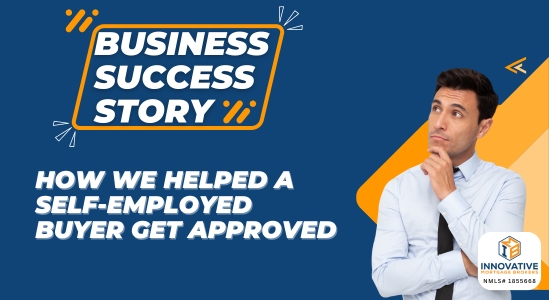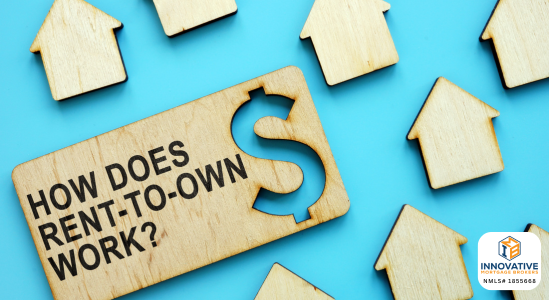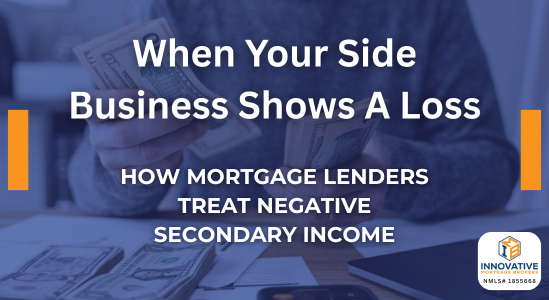Mortgage rate volatility, oil shocks, and why execution matters more than quotes When a war…
Success Story: How We Helped a Self-Employed Buyer Get Approved
A bank statement loan made homeownership possible when full-doc loans said no
At Innovative Mortgage Brokers, we believe that your mortgage should reflect your reality, not just your tax returns.
That was exactly the case with a recent self-employed client who came to us frustrated and discouraged. He had solid income, great credit, and enough money for a down payment, but he couldn’t qualify for a conventional loan. Why? Because his tax returns didn’t show enough profit to meet full-documentation requirements.
Here’s how we turned things around using a bank statement loan, and helped him close on his new home.
The Challenge: Tax Returns Didn’t Tell the Whole Story
This borrower owned a successful service-based business and brought in consistent revenue. But like many small business owners, he took advantage of legal tax deductions to lower his taxable income. While that’s great for taxes, it can be a problem when applying for a mortgage.
When he tried to qualify for a conventional loan with another lender, they told him he didn’t make enough money, on paper. In reality, he had the income. It just wasn’t showing up where the underwriters wanted to see it.
The Solution: A Bank Statement Loan That Looked at Real Income
After reviewing his situation, we recommended a 12-month bank statement loan. Instead of using his tax returns or W-2s, this program allowed us to:
✅ Use 12 months of business bank statements to calculate income
✅ Focus on gross deposits and business trends, not taxable profit
✅ Help him qualify based on what he was actually earning, not what was reported for tax purposes
His monthly deposits showed a healthy income stream, and we were able to structure the file in a way that made sense for both the lender and the borrower.
Why He Couldn’t Get Approved Elsewhere
His first lender wanted 12 months of reserves, a tough ask for someone who just moved money around to buy a house. We went to another lender that only required 3 months of reserves, which made all the difference.
This is one of the biggest advantages of working with a mortgage broker: we shop multiple lenders to find the best fit for your unique situation. You’re not stuck with one option, and in this case, that flexibility is what got the deal done.
The Result: Clear to Close and Keys in Hand
We submitted the loan with the second lender, got an approval, and were able to get the loan clear to close on time.
The borrower was incredibly relieved, and excited. He finally got the financing he deserved, without having to restructure his business or change his tax strategy. Now he’s a homeowner, and he’s already talking about buying an investment property down the road.
Key Takeaways for Other Self-Employed Buyers
If you’re self-employed and thinking about buying a home, here are a few things to keep in mind:
- You are not limited to full-documentation loans. There are alternative programs, like bank statement loans, that are designed specifically for entrepreneurs, freelancers, and business owners.
- Tax returns don’t always reflect your actual financial health. If you’re aggressively writing off expenses, conventional underwriting might not work in your favor, but we have other options.
- Working with a broker opens more doors. We partner with dozens of lenders, which means we can find programs that fit your scenario, even if one lender says “no.”
Bottom Line: One Size Doesn’t Fit All
Every borrower’s story is different, and sometimes the traditional route doesn’t make sense for self-employed professionals. That’s where we come in, to listen, problem-solve, and find the right loan for your life.
If you or someone you know is self-employed and unsure if they can qualify, let’s have a conversation. Whether it’s a bank statement loan or another creative solution, we’ll guide you every step of the way.
Have questions or want to explore your options?
Reach out any time, we are here to help.





